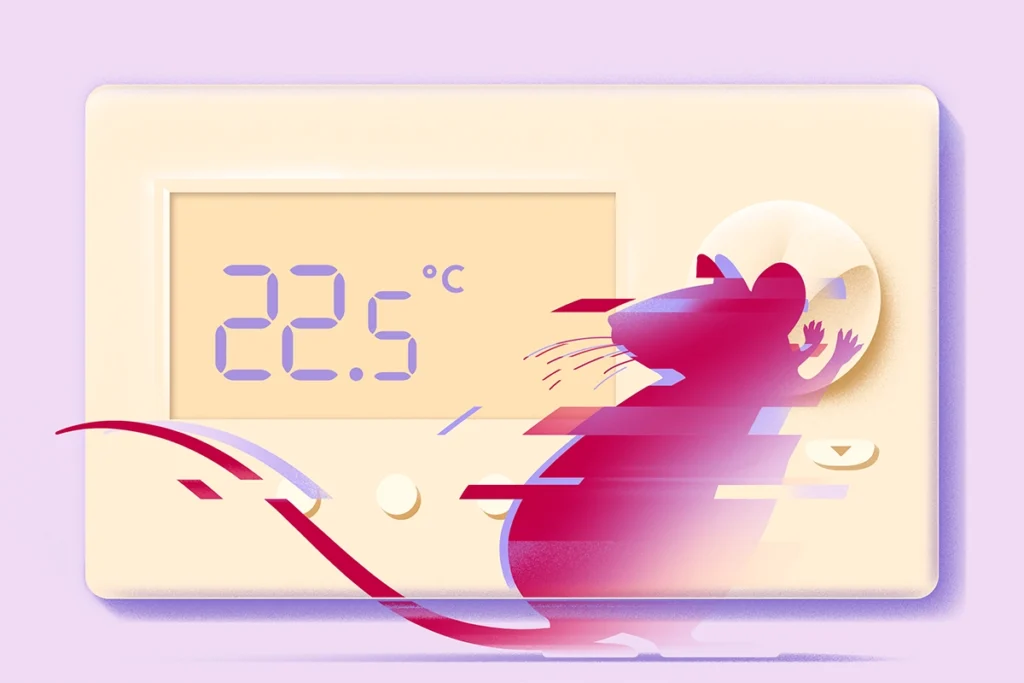Elizabeth Repasky is Lawrence J. Minet Professor of Immunology and program leader for the Cancer Stress Biology Program at Roswell Park Comprehensive Cancer Center. She graduated from Seton Hill University with a B.A. in biology, received her Ph.D. from the Buffalo State University and did a postdoctoral fellowship at the California Institute of Technology. Her research on thermal stress and the impact of thermoregulatory pathways on the anti-tumor immune response has been a long-standing passion. Repasky has been recognized as a distinguished biomedical alumna of the Jacobs School of Medicine and Biomedical Sciences at Buffalo State University. She is a recipient of the Dr. Thomas B. Tomasi Hope Award at Roswell Park and of both the J. Eugene Robinson and William C. Dewey Awards for her contributions to the field of thermal medicine.

Elizabeth Repasky
Professor of immunology
Roswell Park Comprehensive Cancer Center
From this contributor

Mouse housing temperatures can cook experimental outcomes
Selected articles
- “Baseline tumor growth and immune control in laboratory mice are significantly influenced by sub-thermoneutral housing temperature” | PNAS
- “Manipulation of ambient housing temperature to study the impact of chronic stress on immunity and cancer in mice” | Journal of Immunology
- “β2 adrenergic receptor-mediated signaling regulates the immunosuppressive potential of myeloid-derived suppressor cells” | Journal of Clinical Investigation
- “Chronic adrenergic stress contributes to metabolic dysfunction and an exhausted phenotype in T Cells in the tumor microenvironment” | Cancer Immunology Research
- “How murine models of human disease and immunity are influenced by housing temperature and mild thermal stress” | Temperature
Explore more from The Transmitter
Frameshift: Raphe Bernier followed his heart out of academia, then made his way back again
After a clinical research career, an interlude at Apple and four months in early retirement, Raphe Bernier found joy in teaching.

Frameshift: Raphe Bernier followed his heart out of academia, then made his way back again
After a clinical research career, an interlude at Apple and four months in early retirement, Raphe Bernier found joy in teaching.
Organoid study reveals shared brain pathways across autism-linked variants
The genetic variants initially affect brain development in unique ways, but over time they converge on common molecular pathways.

Organoid study reveals shared brain pathways across autism-linked variants
The genetic variants initially affect brain development in unique ways, but over time they converge on common molecular pathways.
Single gene sways caregiving circuits, behavior in male mice
Brain levels of the agouti gene determine whether African striped mice are doting fathers—or infanticidal ones.

Single gene sways caregiving circuits, behavior in male mice
Brain levels of the agouti gene determine whether African striped mice are doting fathers—or infanticidal ones.